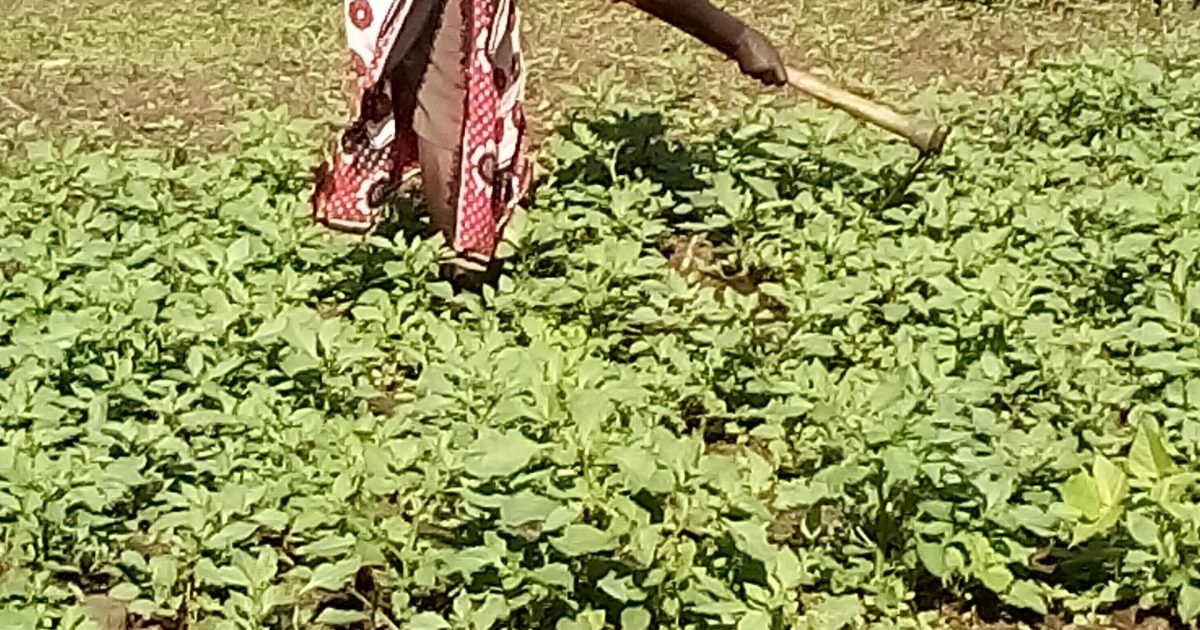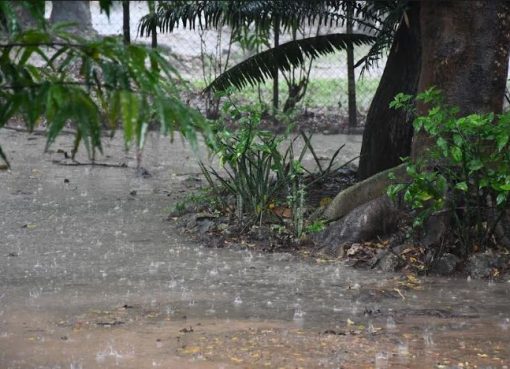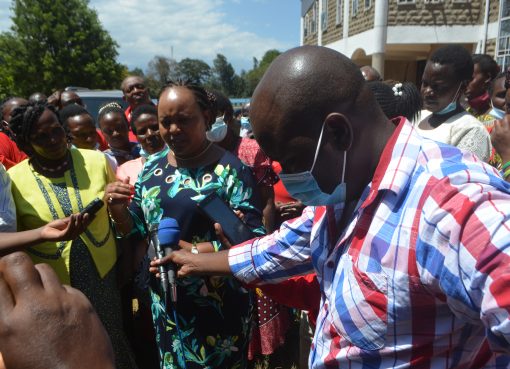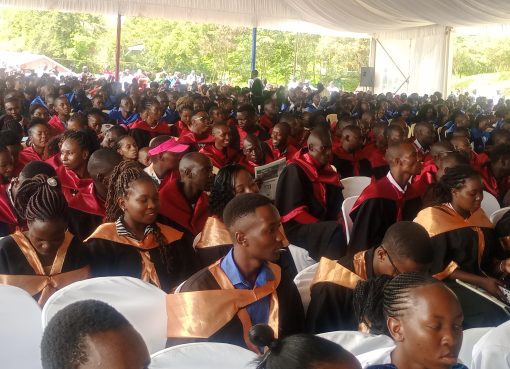Farming of black nightshade, locally known as managu/sujaa has become a lucrative commercial venture in West Pokot, making most farmers start concentrating on it.
One such farmer is Zubeda Lodawa, a mother of eight from Chepkata village, Kaprom Sub Location in Mnagei division in West Pokot Sub County who prides in managu farming owing to various benefits associated with the plant.
In her half an acre land under black nightshade, Lodawa says she makes enough money tot to enable her to cater for her children’s school fees among other basic needs.
“I started growing managu in 2017 after getting hints from friends about its viability and profitability. Since then, I have nothing to regret since there has been a steady market in major towns such as Makutano and Chepareria hence guaranteed sales,” she poses.
She says her earlier engagement in agriculture focused on sukuma wiki, cabbages and spinach which were expensive to manage.
West Pokot residents never disappoint in terms of clientele. The consumption of black night shade is very high with almost all eateries serving it on their menu, added Lodawa.
Lodawa states that one sack of managu goes for Sh2,000 at the local markets though the seeds for these vegetables have become rare to find, compared to common vegetables such as kales and cabbages. She maintains that farming of managu is cheap as it does better with the readily available farmyard manure.
“I use farmyard manure during planting, which is available from my cattle shed. I do little spraying to prevent pesticides unlike with sukuma wiki, which is prone to pest invasion,” explains Lodawa, noting that getting farmyard manure in her area is so cheap.
She hopes that with any form of modern agricultural training on black nightshade farming, more returns can be realized, even for those with small farms like herself.
“The only problem for us dealing with this kind of farming in the region, is that we have not been exposed to any agricultural training on modern farming methods such as irrigation that undoubtedly maximizes yields. We still depend on traditional methods of land preparation and crop establishment which are unsustainable due to climate change,” she reiterates.
Lodawa says she sometimes uses uncertified seeds for propagation citing that some of the farmers still rely on borrowed seeds from their neighbours. Fortunately, agriculture products Stuckists have now started stocking managu seeds.
Lodawa now calls upon the Ministry of Agriculture in the county to consider earmarking the vegetable as a priority crop for West Pokot due to favourable weather conditions.
“We can become black night shade exporters if farmers in the region are trained and given support to grow the vegetable on large scale, since plenty of arable land is still available,” she argues, adding that the vegetable is highly resistant to adverse weather conditions.
And with the increasing human population in Kapenguria Town brought about by devolution, she believes the demand is going to skyrocket, hence creating a bigger local market for farmers willing to engage in black nightshade farming.
Lodawa supplies sujaa to various hotels within Makutano centre in Kapenguria town. She harvests an average of two bags of the leaves per day during peak seasons.
A dietician Mess Yaraita recommends consumption of managu saying it is good for people with stomach ulcers due to its low acidic content and medicinal value.
Meanwhile, regular consumers of the vegetable maintain that it is better cooked traditionally where very few ingredients are required, adding that managu is less perishable before and even after cooking.
“It can be cooked and preserved for several days without losing its flavour and taste, hence very economical,” said Janet Cheporon, a regular consumer of the vegetable.
by Richard Muhambe





